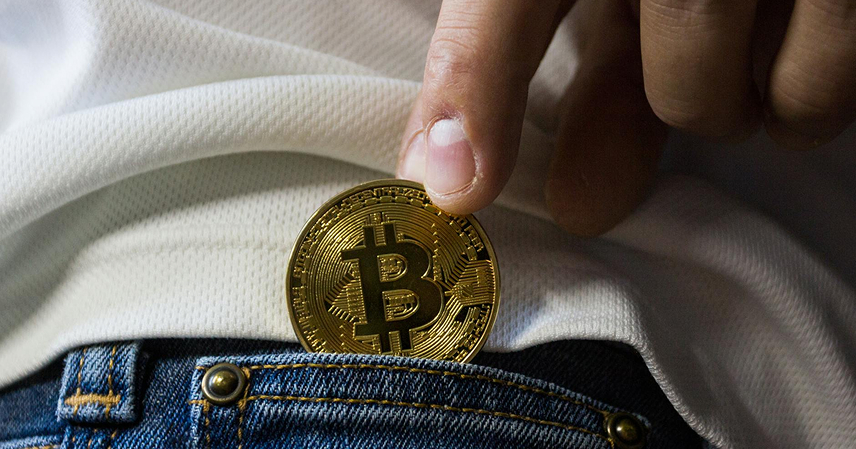1. Introduction: Global Trade at a Crossroads
The global trade system is undergoing seismic shifts. From the aftermath of the pandemic to geopolitical realignments, climate-linked policies, and de-dollarization efforts, global commerce is no longer just about economics—it’s about influence, ideology, and identity.
The rules of the game are changing, and nations are scrambling to adapt.
2. The End of Hyper-Globalization?
For decades, trade was driven by just-in-time supply chains, liberalization, and WTO-backed multilateralism. But recent events have disrupted that model:
- COVID-19 exposed the vulnerability of global supply chains
- Russia-Ukraine war showed the fragility of energy and grain routes
- U.S.-China tensions accelerated “decoupling” and trade weaponization
The new trend: Just-in-Case over Just-in-Time. Nations are bringing supply chains closer to home—or into more trusted blocs.
3. Regionalization and the Rise of “Friendshoring”
Instead of relying on efficiency alone, countries are now considering:
- Resilience (can the supplier deliver during a crisis?)
- Trust (are they politically aligned?)
- Carbon footprint and labor ethics
Friendshoring—sourcing from politically aligned partners—is becoming mainstream:
- The U.S. is shifting from China to Vietnam, India, and Mexico
- Europe is eyeing North Africa and Eastern Europe
- India is promoting the PLI scheme to attract manufacturers leaving China
4. Protectionism in New Clothing
While WTO rules still prohibit tariffs and quotas, countries are adopting non-tariff barriers:
- ESG compliance (environmental, social, governance)
- Carbon Border Taxes (like the EU’s CBAM)
- Data localization laws, digital sovereignty standards
- Health and biosecurity measures post-COVID
These effectively penalize exports from developing nations who can’t match Western standards instantly—turning “green” into a new trade gatekeeper.
5. Digital Trade: The New Battlefield
E-commerce, data flows, and cross-border tech services are now central to trade wars:
- India has resisted U.S. pressure to open its data market, pushing for data localization
- China is creating a parallel internet economy with tight controls
- Big Tech vs sovereign laws debates are reshaping global negotiations at WTO and G20
Digital Public Infrastructure (DPI) like India’s UPI, ONDC, and Aadhaar-stack are being seen as trade tools, not just domestic services.
6. De-dollarization and Currency Coalitions
There’s a visible effort to reduce dependence on the U.S. dollar in global trade:
- BRICS+ nations are promoting bilateral trade in local currencies
- Countries like India and Russia are trading in rupees and rubles
- Gulf nations are exploring oil trade in yuan
- Gold-backed payment systems are under consideration in regional blocs
This signals a gradual erosion of dollar supremacy and a move toward multipolar economic systems.
7. Sustainability and the Trade-Climate Nexus
Climate policies are now integral to trade deals:
- The EU-Mercosur deal was stalled over Amazon deforestation
- Future agreements may include emission caps, green certification, and recyclable content mandates
- India and the Global South are pushing back against carbon hypocrisy, pointing out that the West polluted first, but expects the South to pay the price
Climate is fast becoming the new trade negotiator.
8. India’s Strategic Position
India is emerging as a key node in the new trade order:
- Part of Quad, IPEF, BRICS, SCO—all at once
- Signing targeted FTAs with UAE, Australia, UK (pending)
- Promoting Atmanirbhar Bharat for strategic goods
- Investing in ports, logistics corridors, and fintech exportability
India’s advantage? A large domestic market + diplomatic balance. But challenges remain in infrastructure, speed of reform, and clarity of trade vision.
Conclusion: From Global to Glocal
The future of trade is not about going backward—but trading smarter, fairer, and more resiliently. It’s about building systems that honor:
- National interests
- Regional ecosystems
- Global cooperation without coercion
The next few years will define whether we rebuild a fairer trade architecture—or deepen fractures through unequal deals and digital imperialism.


